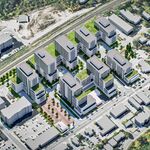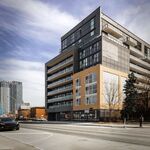The funniest part is in the Global-TV article:
quote:
Ford... is currently at an undisclosed rehabilitation facility for his alleged alcohol abuse.
This quote angers me... Why is his alcohol abuse "alleged" but not the rehab? If ANY part of this whole story is to be prefaced with the word "alleged" the rehab part has got to be at the top of the list.
There are multiple videos of him abusing alcohol, drugs, other people. There are numerous accounts of his racism, and yet there's only the account of a documented serial liar and someone he brought in that claims to be a doctor to back up the assertion that Rob's in rehab.
The doctor's timeline doesn't even make sense:
The claim that Rob had been admitted to Rehab on May 1st is barely possible, and not remotely plausible. He was headed for a "facility" in Chicago that morning. Assuming it took him an hour to fly there, an hour to argue with border patrol, eventually conceding that he will not enter the US, then an hour to fly home, they had half a day to get him admitted to a rehab facility that there's no chance they had the foresight to book in advance.
While this story doesn't break any of the laws of physics, it breaks all manner of reasonable timelines.
CHALLENGE: start making calls right now and find just ONE rehab in-patient facility in Canada (as Rob did not enter the US) that you can be admitted to today.
Admittedly, I've never had to deal with this myself, but from my basic internet research, I've noted one common theme in the admissions process for rehab facilities: they all refer to a START DATE in their discussion of the admissions process leading me to believe that it's not a "Hi I'm here" kind of process.
Someone prove me wrong.





